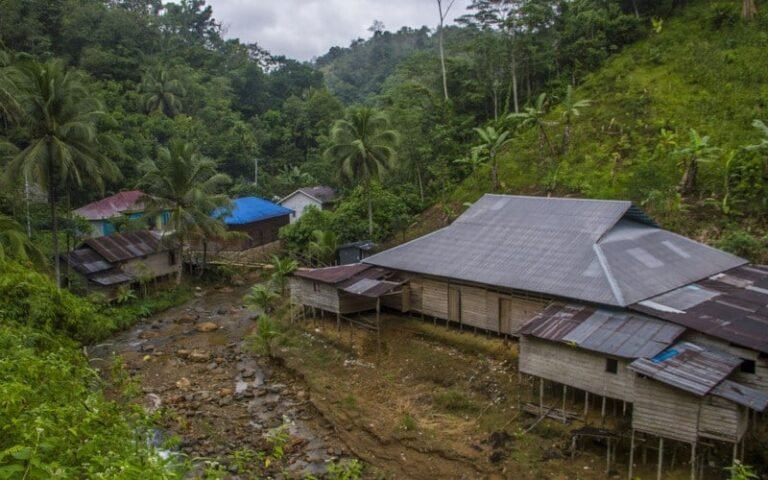
Info Bank News are reporting on comments made by Airlangga Hartarto, the Coordinating Minister for the Economy, who has said that not only will Indonesia be free from the forecasted 2023 economic ‘black cloud’ threatening much of the world, but next year will also be the time Indonesia’s economy ‘takes off’.
Indonesia’s economic performance has been impressive; national economic growth in Q3/ 2022 reached 5.72-percent (YoY); inflation has been reduced to 5.42-percent (YoY) in November 2022; plus, positive foreign exchange reserves, and a trade balance that has experienced a surplus for 30-consecutive months.
Fahmi Radhi, an Economist at Gadjah Mada University (UGM) added, that in 2023 Indonesia will still feel the windfall from energy commodities.
“I think the Russia-Ukraine war will not end yet. European countries cannot use gas from Russia but will return to using coal, now this is a new market for Indonesia. Including other mining, Nickel, I think it’s been years since the downstream has been going quite well. Until our nickel exports have a higher added value than nickel ore, this will also be a foreign exchange income that will affect economic growth,” he said on December 13, 2022, report Info Bank News.
In addition, Indonesia’s economic growth will continue to be supported by a strong domestic economy. “With PE still being achieved, put it at 5.2-percent in 2023, I think this will trigger the purchasing power of the people, Indonesian consumers, with the increase in consumer purchasing power, which has been the backbone, economic growth will be maintained. So, we are optimistic that in 2023 whether economic growth or low inflation or the rupiah exchange rate will be quite good,” said Fahmy.
Regarding export opportunities abroad, Fahmy said there are still opportunities for that. Even though export destination countries, for example the United States, European countries, and Japan, have experienced a slowdown, there are still opportunities for exports because they have not yet fallen into the brink of crisis.
Meanwhile, Executive Director of the Center of Reform on Economics (CORE) Indonesia, Mohammad Faisal, suggested that the domestic economy will play an important role in supporting the national economy next year amidst the global economic downturn. Indonesia is predicted to be able to survive this gloomy phase, despite experiencing a slowdown.
“Because of the domestic economy, domestic consumption is still good. I think that’s what sustains growth. But there is global pressure, this has slightly reduced national economic growth,” he said.
According to Faisal, it is certain that the Indonesian economy will still be affected by global economic conditions through trade or investment, although not as severely as what happened to other ASEAN countries such as Malaysia, Thailand, Vietnam and Singapore. Much of the economic slowdown will be caused by the trade balance.
“Because we predict that net exports, especially in 2021-2022 will be very high, that will support our economic growth so that we can predict up to 5-percent this year, next year net exports will start to dwindle,” he explained.
According to him, net exports have decreased in value, but are still in surplus. The reduction was due to the global economic slowdown. On the other hand, the prices of several commodities that have enjoyed windfall profits has also declined. Energy commodities, which previously relied on exports, also experienced a slowdown, say Info Bank News.
“And there is also the effect of commodity prices which have started to fall, especially ‘non-energy’ which is a mainstay. There is a slight slowdown in the prices of our mainstay non-energy commodities,” he added.
This has resulted in Indonesia’s net exports narrowing and automatically affecting next year’s economic growth. “This then causes the net exports to automatically narrow as well as the contribution to economic growth is also reduced,” he concluded.
Source: Info Bank News

















